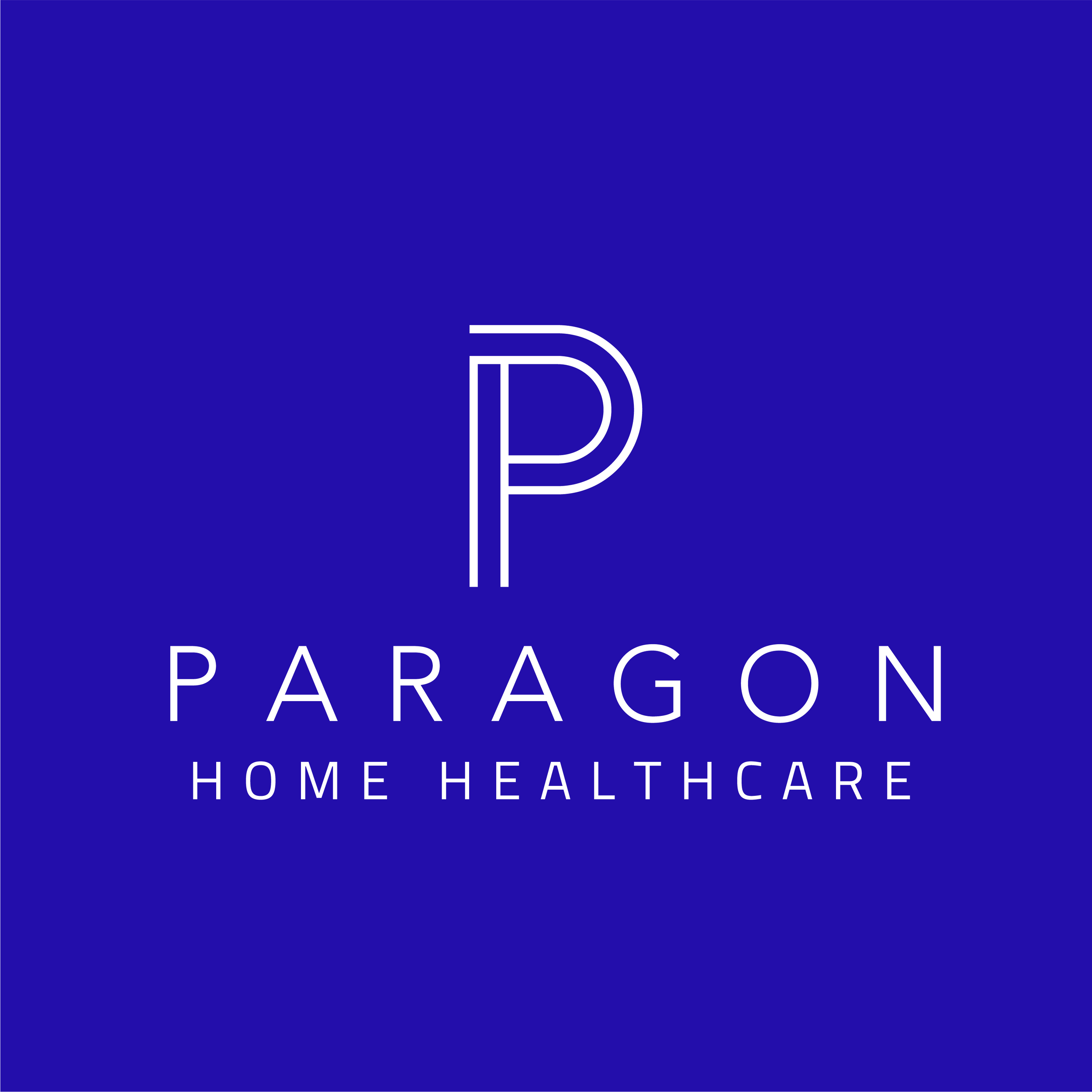As a specialist provider of homecare and as an employer of highly skilled carers (many of whom are from the EU), Paragon Home Healthcare is campaigning hard to raise this important issue and make recommendations in the interests of the clients we care for and those who work for us.
Unfortunately at present there is insufficient information available to staff or employers about what will happen to EU workers in the UK after the Brexit transition period has ended if they do not have settled or pre-settled status. Neither is there clarity on how recruitment in the care industry will be managed for skilled care workers from the EU.
We are proud to be collaborating with the UK Homecare Association UKHCA and the Joint Council for the welfare of immigrants JCWI as they conduct in-depth research into the impact of how Brexit is affecting those receiving care now and how it may impact in the future. We have provided data and evidence and information to them to support the research which will be published with recommendations of how to minimise the effects to clients and their families and those working in the care industry.
To read more about or to take part in this this vital research if this affects you click here.









